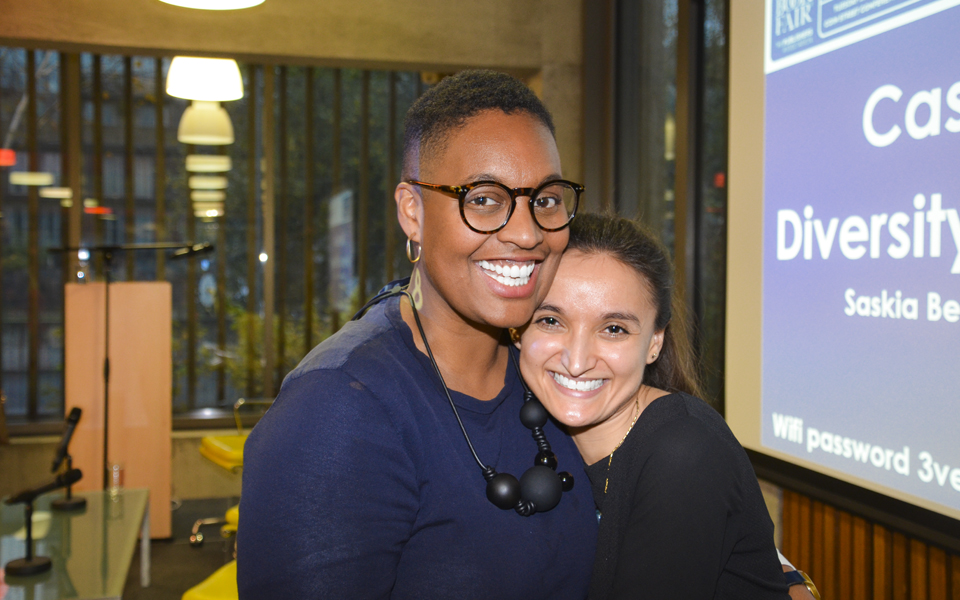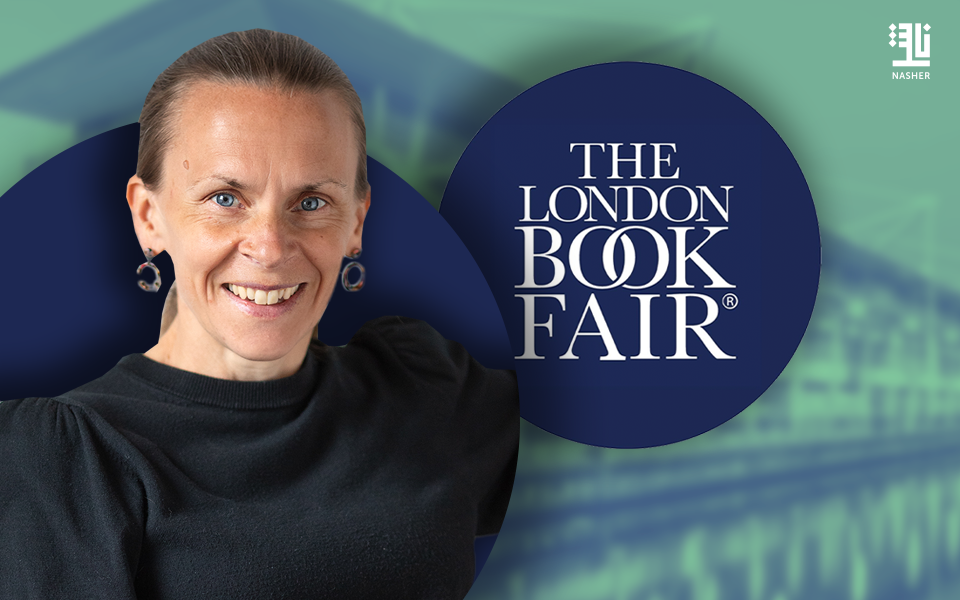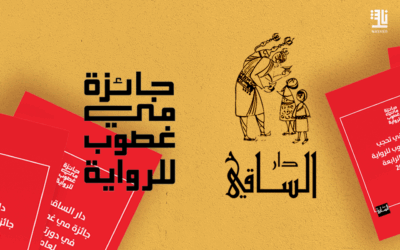The UK publishing industry is making serious strides on diversity and inclusion with all the major publishers having initiatives in place to tackle this most sensitive of areas. This shift recognises both the multicultural nature of the UK and indeed – though it seems obvious to say it – the wider world itself. In today’s connected world, actions can have a wide and almost immediate audience now. The Internet has made the global local, and in a globalised world, awareness of, and respect for, the ‘other’ has never been more important. This is something His Highness, Dr Sheikh Sultan bin Muhammad Al Qasimi, Ruler of Sharjah, is acutely aware of – hence his support for the Sharjah International Book Fair and his belief in books as outstretched hands of friendship and understanding.
Jacks Thomas, Director of The London Book Fair, deserves praise for putting the issue of diversity and inclusion at the top of the agenda. In 2016 she created the Building Inclusivity in Publishing Conference where speakers from areas of employment in addition to publishing share how they have tackled these issues. At the inaugural conference, the then CEO of Hachette UK, Tim Hely Hutchinson, delivered the keynote address at which he called for a kinder, more inclusive publishing industry—one in which everyone “regardless of our respective genders, sexuality, ethnic, religious, social or other backgrounds” felt at home.
Hachette is arguably still leading the way in this area. In 2016 David Shelley, then CEO of Hachette imprints Little, Brown and Orion, set up Changing the Story, its diversity and inclusion programme, and appointed Saskia Belwey as its first diversity and inclusion manager. Under this initiative, the publisher has encouraged staff to set up various networking groups covering areas like ethnicity, sexuality, religious belief, gender and disability, which can act as ‘safe spaces’ where conversations that people might feel uneasy about having elsewhere can take place. The idea is that employees can suggest initiatives to spread awareness of particular issues.
The co-chair is Sharmaine Lovegrove, publisher of Dialogue Books, the imprint set up in summer 2017 to “source, nurture and publish writing talent – and reach audiences – from areas currently under-represented or not covered by the mainstream publishing industry”.
At this year’s Building Inclusivity in Publishing Conference, Bewley told delegates: “We’ve created safe spaces in which people can have all kinds of different conversations. Do you know the stories of the people you work with? Don’t be afraid of disruptive inclusion. It’s in the process that we’re transformed.”
Shelley has succeeded Hely-Hutchinson as CEO of Hachette and is continuing his group’s drive for more inclusion. At the Bookseller’s Futurebook conference in London at the end of November he observed: “There has been a radical shift in the last 20 years or so and I think it is largely for the better. If I look back to 1997, what sort of an industry was that for someone who didn’t drink for cultural or religious or other reasons? How inclusive were we for people who weren’t ‘clubbable’, a term that was fairly common then and fortunately isn’t now. Although we of course have much further to go in terms of inclusivity, we have changed a lot already.”
Among initiatives in this area from other houses are Penguin Random House’s Inclusivity Tracker, a voluntary tool for authors and staff to measure diversity in order to foster PRH’s goal of “reflecting UK society” by 2025; various BAME traineeships at HarperCollins; and a new internship for candidates from a BAME background at Bonnier UK.
Lovegrove concluded her address at Futurebook with a plea to the industry to ensure that “inclusivity in the workplace is the norm and not just a trend.” She added: “It’s so hard to be this person and to be this black woman in this industry. It’s so hard to say ‘please make space for us’. I’m not going to say ‘please’ anymore. Next year we’re just going to do it.”







